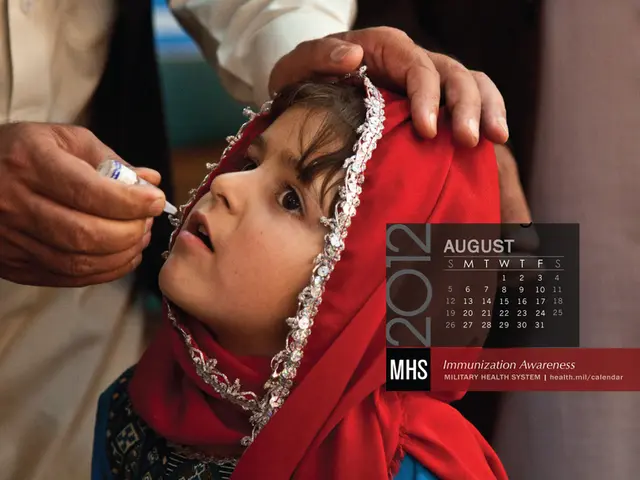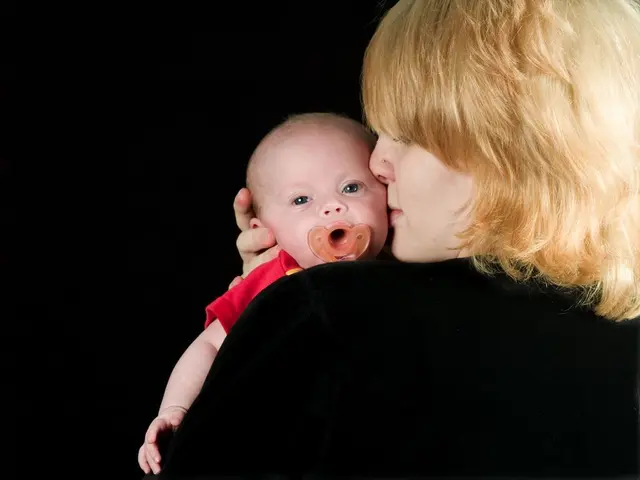Spotlight on the Dire Humanitarian Situation in Yemen Highlights by Episcopalians and Anglicans
In the heart of Yemen, a small but historic Anglican presence continues to offer hope and healing to those in need. The Ras Morbat Eye Clinic, situated on the grounds of Christ Church in Aden, has been providing essential eye care services since 1996, with a focus on ophthalmology since 2002.
Yemen, a country that has been embroiled in conflict since 2011 following the Yemeni Revolution, has been experiencing one of the world's worst humanitarian crises. The ongoing Yemeni civil war, which broke out in 2014 due to clashes between the Yemeni government and Ansar Allah (Houthis), has led to large-scale famine, a lack of access to health care, petroleum, and potable water, and the displacement of millions of people.
The Anglican Diocese of Cyprus and the Gulf operates the Ras Morbat Eye Clinic, offering its services regardless of a patient's ability to pay. The clinic, despite running on just two hours of electricity a day and having spotty phone and internet service, continues to operate normally.
The United Nations High Commissioner for Refugees brings Somali refugees from the Kharaz Refugee Camp in the Lahj Governorate to Ras Morbat every Tuesday for ophthalmology services. The non-profit organization currently supporting the clinic is Al Noor Foundation.
Recently, a webinar provided an overview of the current situation in Yemen and the work of the Ras Morbat Eye Clinic. Participants were encouraged to write notes of love and continual prayers for Ras Morbat and Yemen to the Diocese of Cyprus and the Gulf's bishop, the Rt. Rev. Sean Semple.
The Episcopal Church raises money annually through its Good Friday Offering to support Anglican churches and ministries in the Middle East, including the Ras Morbat Eye Clinic in Yemen. In 2022, the Episcopal Church's House of Bishops and House of Deputies passed Resolution B002, calling for the funding of an ophthalmologist at the clinic and advocating for unobstructed access in conflict areas for humanitarian and medical relief organizations, journalists, and urging U.S. policymakers and the U.N. to engage in efforts to relieve human suffering and find a political solution to the Yemeni war.
As the Yemeni civil war enters its eleventh year, with at least 377,000 people having died due to the conflict or due to hunger and lack of access to health care and potable water, according to the United Nations, the need for support and advocacy is more crucial than ever. Episcopalians in the United States are encouraged to stay up to date with news reports in Yemen and individually contact their senators and representatives to help advocate for peace in the country.
Shireen Korkzan, a reporter and assistant editor for The Episcopal Church's website, is one individual who is committed to raising awareness about the political and humanitarian crisis in Yemen. The Episcopal Church occasionally hosts informative events for Episcopalians to learn more about the situation in Yemen and how to help.
Yemen, often overlooked compared to other global conflict zones, continues to face immense challenges. However, the resilience of the Ras Morbat Eye Clinic and the dedication of organisations like the Al Noor Foundation and The Episcopal Church offer a glimmer of hope in these difficult times.








